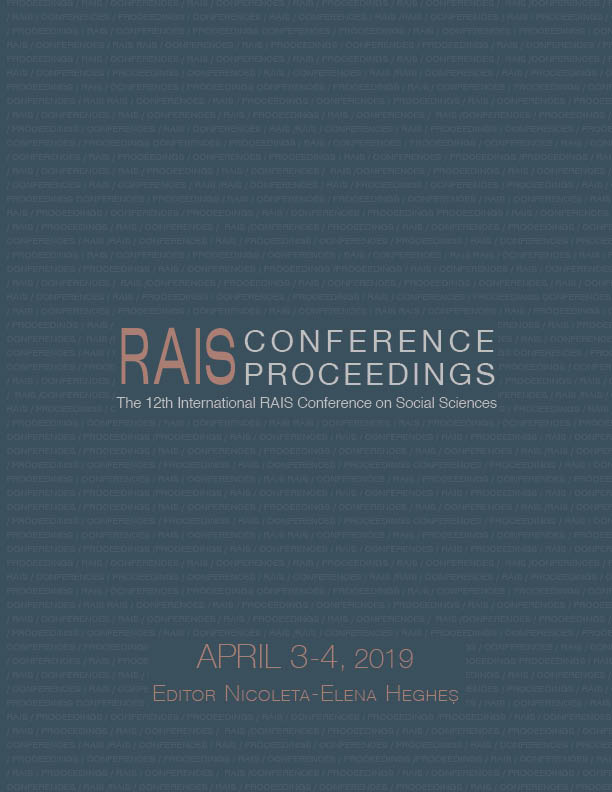Imaginary Love in the Context of Emotional Consumption: A Levinasian Perspective
Imaginary Love in the Context of Emotional Consumption: A Levinasian Perspective
Author(s): Yi Qin
Subject(s): Individual Psychology, Psychoanalysis
Published by: Scientia Moralitas Research Institute
Keywords: face; mask; emotional labor; emotional consumption; Levinas;
Summary/Abstract: This article analyses love that emerges in dancing clubs, by integrating Emmanuel Levinas' ethics of face with sociological theories on emotional consumption. The seemly ideal appearance of a strip dancer with which a regular customer falls in love is not a true display of her authentic self, but rather a mask, which is a product of her emotional labor, sold to increase her income. The customer develops emotional ties with this fabricated persona and desires her love in return. In a commercial context, the customer often fails to recognize her complex subjectivity and to welcome her true otherness. He exploits her emotional labor, while she manipulates his emotions for money. His love, which is predicated on an imaginary foundation, cannot sustain outside of dance clubs. A "mask" and a Levinasian "face" may share the same physical body yet have distinct personalities, and can thus be confusing. Levinas' ethics calls for our immediate responsibility in the face of the Other. However, not all appearances of the Other are authentic. Sometimes it is even part of one's job to be disguised, such as in the case of strip dancers, actors, etc. It is vital to first identify and embrace the Other's true face before engaging in a relationship which requires mutual responsibility.
Book: Proceedings of the 12th International RAIS Conference on Social Sciences and Humanities
- Page Range: 300-306
- Page Count: 7
- Publication Year: 2019
- Language: English
- Content File-PDF

